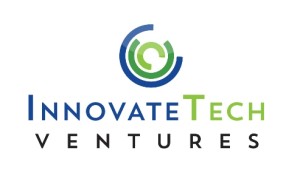Engineered Startups
A few years ago, as we described our startup formation to one of our investors he made the comment “so you engineer startups”. I thought about the term for a few seconds and realized that it was a great way to describe what we do.
Think about the startups that most angel investors and VC’s see on a regular basis. A startup team comes to them with an established founding management team, a technology, an application for the technology and a valuation. The investor may have some ability to negotiate or influence some of these elements, but for the most part they are making a decision on whether to invest in the whole package.
But why does it have to be that way? Especially with a university technology where the inventors typically lack startup management experience and may select applications of the technology driven by research objectives not investment return objectives.
We turn this all around. We start by presenting our investors with a portfolio of university technologies and focus on the ones that they find most promising. Then we work with the investor to identify the most promising application of the technology and to select a CEO from a list of candidates. And because we are founding the company we control the initial valuation.
So the seed investor has the ability to work with us to “engineer” the startup and help construct each element from the beginning.
Think of it this way. Imagine you were going to invest in a rental property and you speak with one relator and they tell you they have a limited inventory of houses, but in each case the location, architecture, rental management company, and rental marketing approach for the property is basically established. We come to you and offer you an opportunity to select the location, architecture, design, rental management company and rental marketing strategy all at a lower price (i.e. valuation) than the traditional realtor. The only question is why wouldn’t an investor chose to invest in an “engineered” startup over a “prebuilt startup”?
